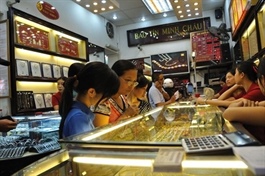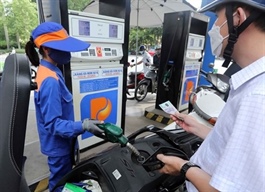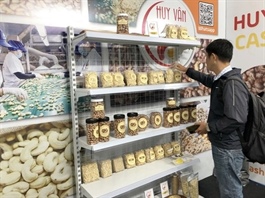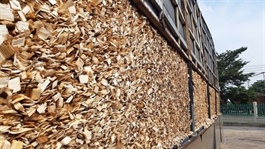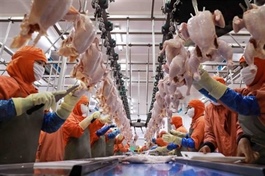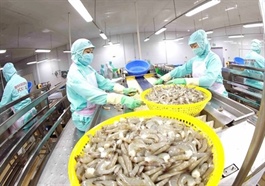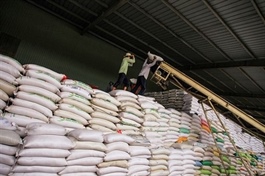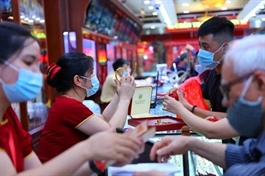Husbandry associations urges technical barriers to be tightened as soaring meat imports weigh on domestic industry
Husbandry associations urges technical barriers to be tightened as soaring meat imports weigh on domestic industry
Four husbandry industry associations have proposed the Government tighten technical barriers on imported meat to support domestic production which has been struggling with soaring imports in recent years.
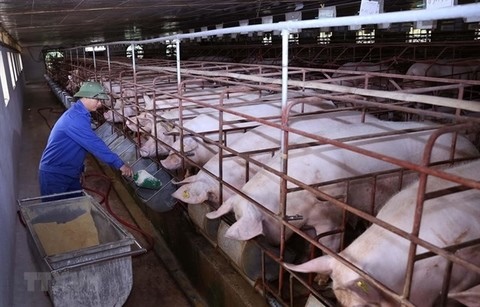
The soar in imports (both official and unofficial) of livestock products is not only weighing on domestic production but also causing risks to food quality and safety. — VNA/VNS Photo Vũ Sinh |
In the petition to Prime Minister Phạm Minh Chính, the Animal Husbandry Association of Việt Nam, Việt Nam Feed Association, Việt Nam Ruminant Husbandry Association and Việt Nam Poultry Association said it is necessary to tighten management on meat imports through technical standards.
If not, Việt Nam might become a huge net importer of meat products in the next three to five years.
Compared to countries with developed husbandry industries, Việt Nam’s regulations on meat imports are not strict and have many loopholes. Meanwhile, Việt Nam must endure many strict technical barriers when exporting to other countries, making domestic products disadvantaged in the home market.
The associations cited statistics that the import of husbandry products was estimated at US$3.53 billion in 2023 while the export was only at $515,000.
Statistics of the Import – Export Department under the Ministry of Industry and Trade showed that Việt Nam is importing meet and meet products from 37 countries, in which India is the largest supplier accounting for 29.53 per cent.
Customs statistics showed that Việt Nam imported nearly 62,440 tonnes of meat worth $127.52 million in January, up 76.2 per cent in volume and 72 per cent in value compared to the same period last year.
The soar in imports (both official and unofficial) is not only weighing on domestic production but also causing risks to food quality and safety.
Nguyễn Văn Thao, director of Thao Thanh Cooperative in Bắc Giang Province which has a herd of 1,000 pigs, said that his cooperative did not dare to expand production over worries about price fluctuations, diseases, and harsh competition from imported products.
“Many customers complained that our prices are higher than imported frozen products,” he said.
With the current import rate, Việt Nam will become a net importer of husbandry products in the next three to five years when tariff lines are removed under free trade agreements, the association warned.
The associations said it is necessary to erect technical barriers and increase quarantine measures and quality control to tighten the import of live animals and husbandry products into Việt Nam.
The associations also urged efforts to prevent the illegal import of livestock and poultry via border gates, which should be implemented by a ban, because domestic production could basically meet the demand.
Previously, Đồng Nai Husbandry Associaton said that with the hog price of around VNĐ50,000 per kg, farmers in Việt Nam are suffering losses.
The association said that if the situation prolonged, farmers would narrow down production which might cause a shortage of meat in the domestic market.
Phạm Kim Đăng, deputy director of Department of Livestock Production, said that the management has been tightened to prevent illegal import of meat products.
For officially imported meat, he said that domestic products must take competition for granted in international integration.
He urged local producers to apply advanced technologies to lower costs and increase quality.
Besides, the erection of technical barriers will be taken into consideration to promote domestic livestock production.







